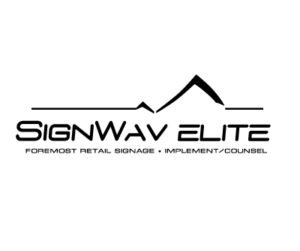The tools, approaches, and procedures used to engage with and manage customer data across the course of a customer lifetime are collectively referred to as real estate CRM. It is to make it simple for the business and its clients to communicate and obtain data without any unnecessary trouble. Real estate CRM aims to help clients and improve their relationship with the business while enhancing the sales development drive. It is a comprehensive method of managing data that enables you to centralize client information and communications across many channels (such as phone calls, emails, live chat, and zoom meeting calls) for simple access and administration.
What role does CRM play for realtors?
It’s no surprise that a great percentage of new property sales come through references from present networks, prior clients & family since real estate is all about founding trust. Additionally, buying or selling real estate firms is a drawn-out way that requires several follow-ups and re-negotiations. In such circumstances, deploying real estate CRM software provides realtors with an effective method to manage contacts, plan events, check their channels, and maintain organization in order to forge rich connections and confirm deals.
Pros:
Sales Productivity:
automates the tedious, manual procedures so that the sales team or your channel partner may focus more on selling happy properties and less on data input.
Know the Status of Your Exact Sales Pipeline:
Increase the effectiveness of your sales force by managing future follow-ups and conversations, reviewing prior interactions, and understanding the precise lead state, such as cold, warm, or hot.
Automates follow-up and streamlines the sales process:
Schedule sales follow-ups, site visits, etc., and set reminders to ensure that you never lose a potential customer. Utilize a single piece of software for both sales and follow-up tasks to save time. Costs for sales and marketing are reduced via efficient use and data-driven decisions.
Data Evaluation
obtaining precise and timely analytics information on sales, leads, site visits, top goods and services, clients, and many more topics. Enhance customer service by promptly responding to their comments and criticism.
Cons
Cost rise:
The company’s IT expenditure would increase if it decided to purchase proprietary software. Hardware upgrades and network infrastructure expansions will be necessary. Additionally, the business will be responsible for paying the software provider, developers, and internal IT staff that will oversee and operate the system. However, by using a CRM system, which provides a simple pay-as-you-go strategy, these costs may be avoided & be prepared to put in extra work to train the staff on how to utilize Real Estate CRM.
Information loss:
Since CRM relies on Internet access, a disruption in the connection would cause a significant drop in revenue. An interruption at the provider’s end might prevent you from doing business for several hours or even days.
Conclusion:
Research your options, assess the benefits and drawbacks, and choose the finest real estate agent software for your company. Your company may require an excellent real estate CRM to go to the next level.






























